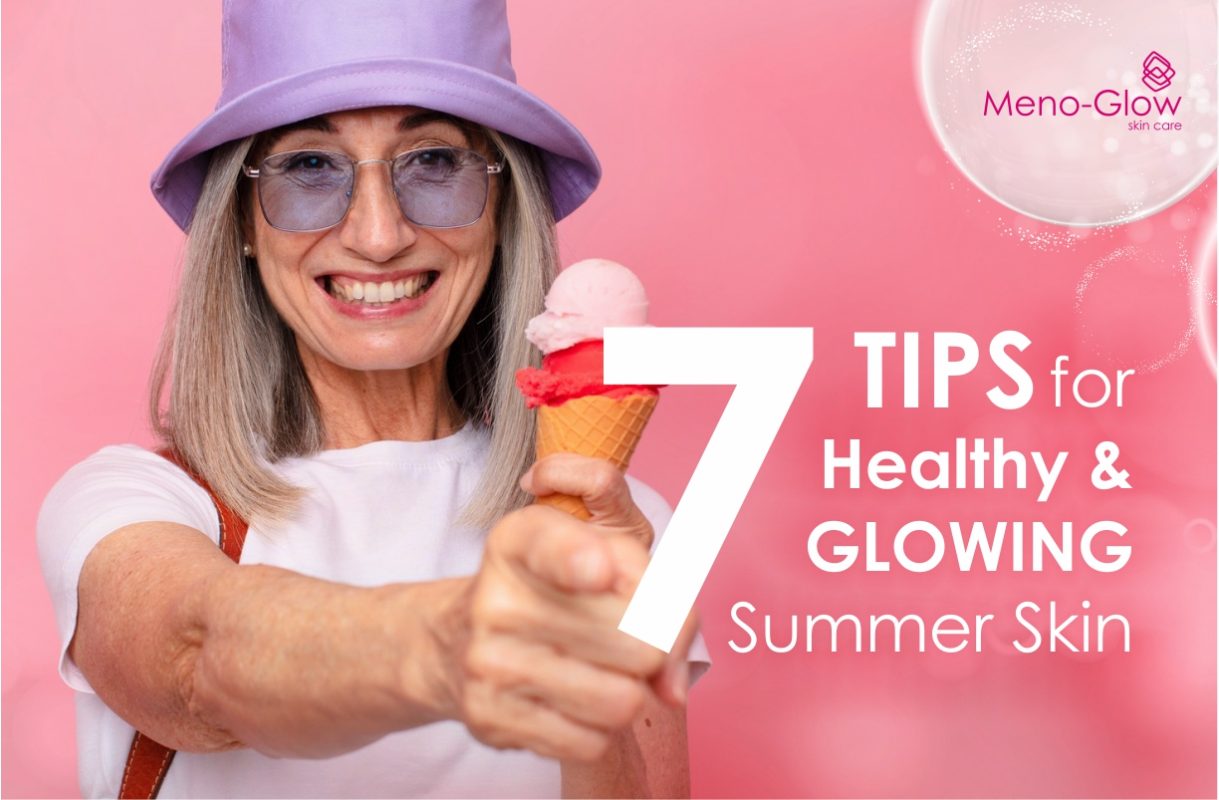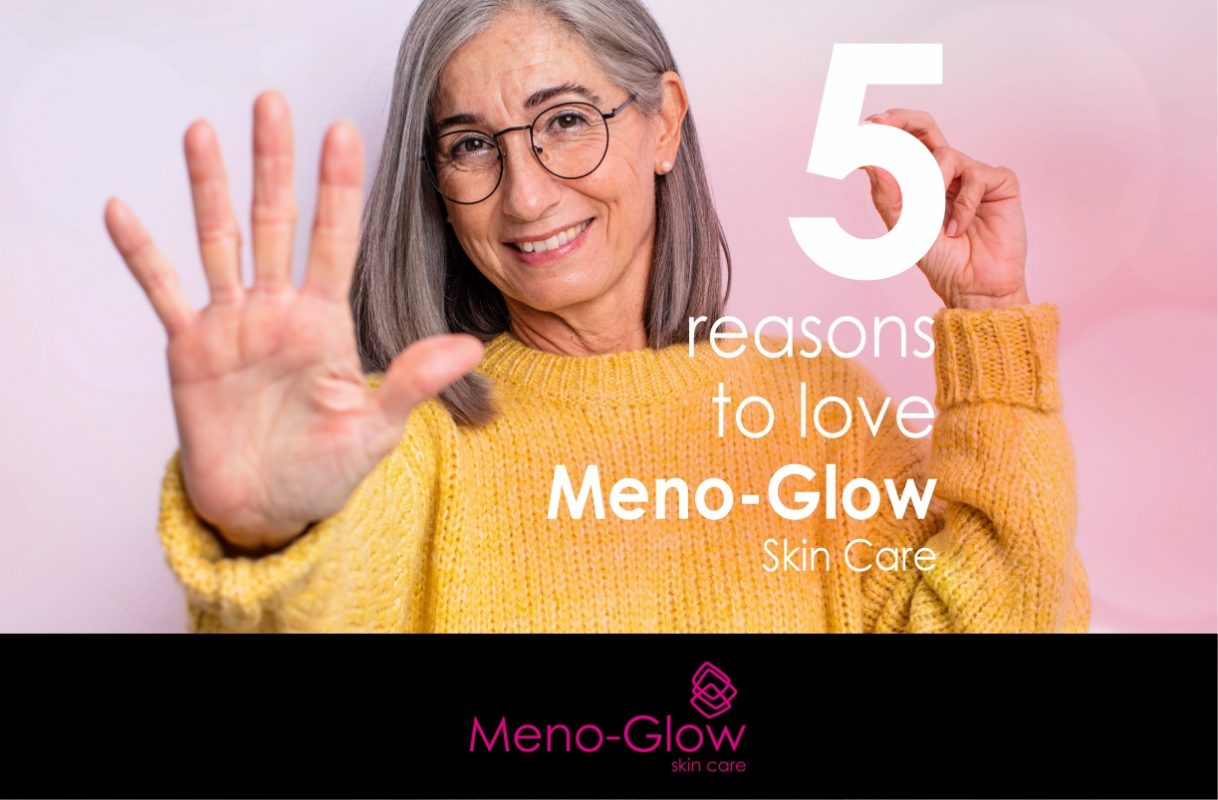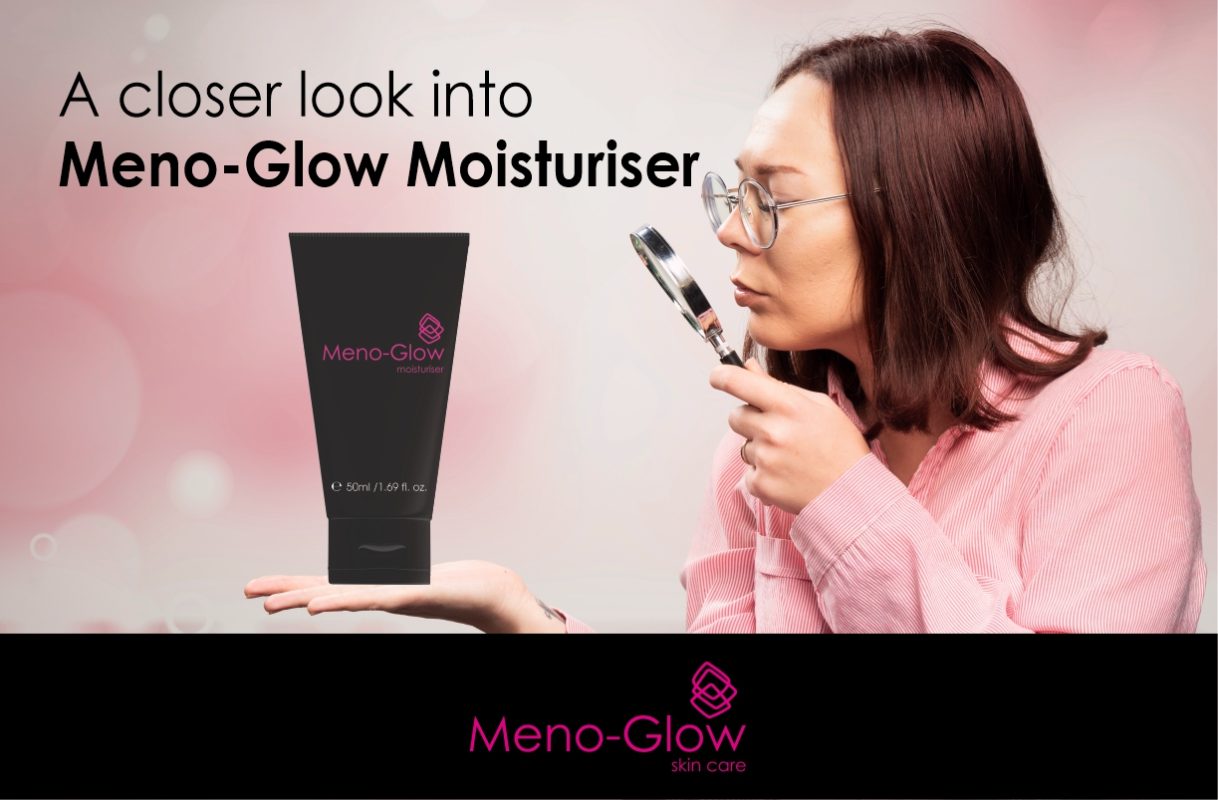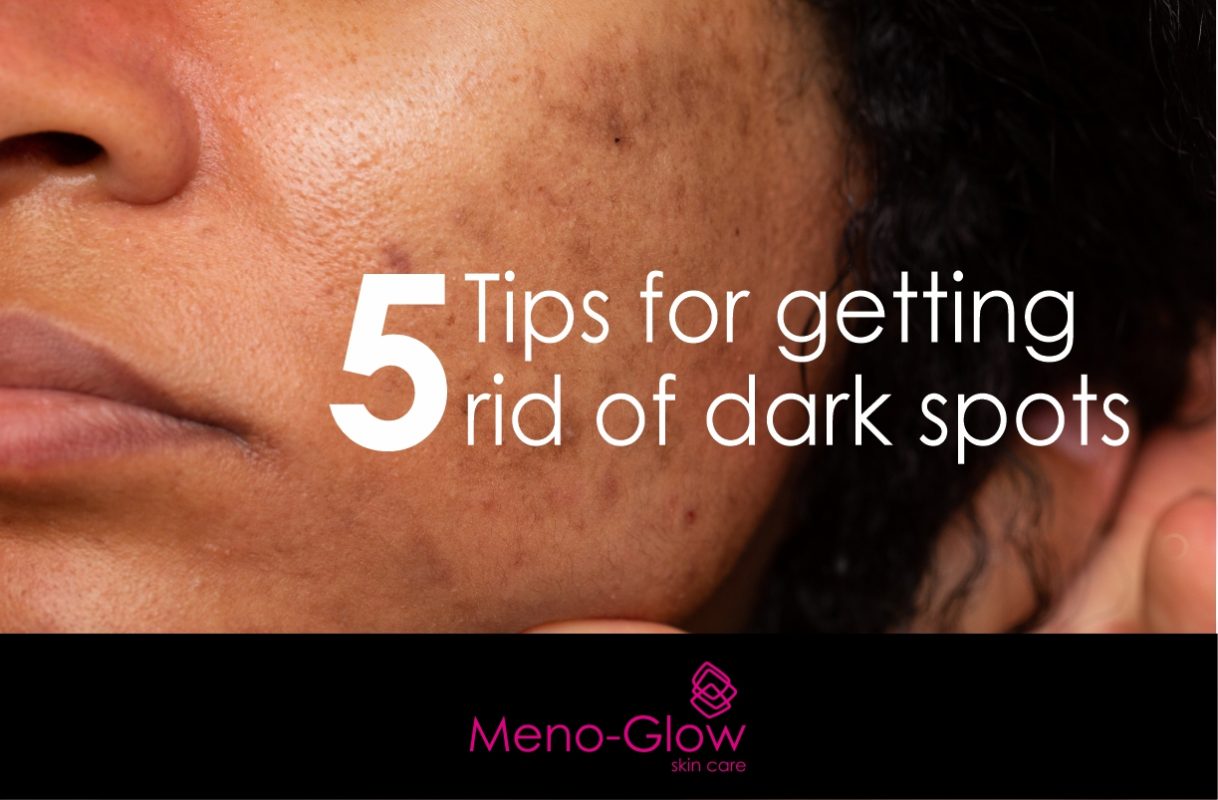I don’t know about you, but summer can be challenging on my skin, especially because I love to be out and under the sun all day long! However, I’m also currently experiencing menopause skin issues (like dryness and sensitivity) that further add to the challenge of maintaining a beautiful summer skin. Increased heat and UV ray exposure can cause sun damage and dry skin. Don’t get me wrong, getting your daily does of UV rays is healthy and essential to produce Vitamin D but you do need to be careful.
Unfortunately I have the type of skin that cannot endure the sun for too long – burnt skin, blisters and absolute discomfort come to mind. I learnt from an early age that I’m never going to have a golden tan no matter what methods I try – fake tan is all I’ll ever get by with – and I’m just not into all that effort… well maybe sometimes. But I have learnt to love my skin and take good care of it.
So what exactly does sun exposure do to your skin?
Sun exposure weakens our skin’s natural immune response and causes structural damage to the skin’s essential proteins, namely collagen. Being the largest organ on the body, the skin is the body’s first line of defense against foreign bacteria and viruses. Damage from UV rays affects your skin’s immunity, texture and elasticity.
We share seven skin care tips to assist you in keeping your skin healthy and glowing during summer.
1. Use a Gentle Facial Cleanser
Using a gentle face cleanser in the morning can help clear your skin of oily build-ups that can clog pores. The type of facial cleanser you use depends on your skin type, and your skin type may change as you undergo menopause. Changes to hormone levels can affect how much oil your skin naturally produces. For perimenopausal women, this is especially common because of the drastic fluctuations in estrogen levels. When estrogen levels are lower than progesterone levels, it causes a rise in acne flare ups. So women who previously had a dryer skin type may suddenly experience more oily skin in localized areas (like the T-zone).
Meno-Glow recommendation:
Try Meno-Glow Wash as it is suitable for all skin types. It is gentle on your skin and does not burn your eyes (this is important for me as I have sensitive eyes). Meno-Glow Wash also serves as a make-up remover. I’ve tried and tested this and it really is very effective. No scrubbing, no oily product in your eyes and no makeup residue afterwards. I also love the fact that Meno-Glow Wash is a natural gentle exfoliator. As you wash your skin, Meno-Glow gently removes dead skin cells to leave your skin feeling refreshed and glowing. Another point is that you don’t have to use a toner after washing with Meno-Glow Wash. It does it all for you to keep your skin regime simple, easy and quick. I just love it!
However, if you’re not sure what type of facial cleanser will work best for your skin type, speak to one of our specialists about the changes you’re experiencing in your skin.
2. Moisturiser! Moisturiser! Moisturiser!
As we go through changes in our skin as we age and go through menopause, we may experience varying skin problems from acne to a rise in oily skin to dry skin. Dry skin is a headache. So what causes dry skin to occur in menopause?
As estrogen levels decrease, collagen production starts to decline. Collagen is an essential protein that makes up about 80 percent of skin tissues and nearly 30 percent of the body’s proteins. It is the most abundant protein in the human body. So what happens when the body can’t produce it as effectively? Skin loses its moisture and elasticity.
Water molecules bind onto collagen proteins, which help stabilise collagen proteins, making them longer and more durable. In humid weather, water molecules in the air get absorbed into the skin and bind onto collagen proteins to help keep skin hydrated. However, in dry air, water molecules evaporate from the skin. This causes collagen structures in the skin to become thin, shortened, and brittle, which causes the skin to lose its elasticity and dry out.
So how can we support skin hydration? Use moisturiser. A quality moisturiser can help keep your skin hydrated. For women undergoing menopause, we recommend using a moisturiser that replenishes lost moisture, such as Meno-Glow Moisturiser.
Meno-Glow recommendation:
I’ve been using Meno-Glow Moisturiser for the past month. I’ve not experienced any breakouts, my skin is well-moisturised all day long and I have not experienced any irritation. My skin is very dry and sensitive so using a product like Meno-Glow Moisturiser is essential. I also love that a little goes a long way. The product does not contain any perfumes or any other strange ingredients. It is simple, yet effective. Just what my skin screams for every day. I’ve tried and tested a few products – they either don’t meet my moisture levels so a container lasts a day (literally) or my skin reacts in sore uncomfortable hives. I confidently recommend you try Meno-Glow Moisturiser.
3. Invest in Quality Sunscreen
We know that UV light causes damage to the skin, but do you know exactly how it does that? Sun damage to the skin impacts both skin integrity and skin immunity. When UV rays hit the skin, UV radiation suppresses the immune system. It does this in a number of ways.
First, it suppresses immune cells that signal and present antigens to the rest of the immune system. These cells sense when an antigen has entered the body and inform other immune cells so that they can better target and eliminate them. Without adequate cell signalling, antigens have a higher chance of multiplying and spreading, causing illnesses.
Second, UV radiation stimulates the release of immunosuppressive cytokines (another type of immune cell). When these types of cytokines are released, they restrict and inhibit the functions of other immune cells that help combat antigens. Chronic sun exposure can increase the volume of immunosuppressive cytokines which can increase the risk of skin cancers.
Lastly, it increases the production and release of certain regulatory cells that reduce cell division of other immune cells. When not enough of these essential immune cells are present, it increases the risk of autoimmunity. Autoimmunity is a series of immune responses that cause the immune system to attack its own, healthy cells.
So, if UV radiation has this kind of impact on our skin, what’s one step we can take to help the skin out? Use sunscreen. Sunscreen is not an automatic preventative against all sun exposure, but it can help reduce the effects of UV rays to some degree, especially when applied regularly. It’s recommended that you use a broad spectrum sunscreen with an SPF of at least 30 or higher.
Meno-Glow recommendation:
The Meno-Glow Skin Care range offers a Sun Care solution (SPF 30). Again, I have tried and tested the product. It is rich and creamy and keeps my skin moisturised while providing an effective UV Ray barrier. The packaging is also super neat to keep in your handbag – so when you find yourself having to stand in the sun for whatsoever reason, pull out your Meno-Glow Sun Care and apply wherever you feel exposed.
4. Cover Up
The best thing to do when in the sun is to cover your skin. Dressing in light layers that help reduce UV ray exposure can help. However, ultimately the best thing to do is to stay in shaded areas. The less direct contact the skin has with sunlight, the better. Look for clothes made of breathable fabrics that you can easily layer on top of one another if you know you will be spending long periods of time in the sun. Seek out shaded areas when eating outside, or spending time outdoors in general. Wear hats that can provide shade over your face and head. Wear close-toed shoes as our feet and hands can get burned very quickly.
5. Support Collagen Levels
Exposure to UV rays over the years can cause structural damage to our skin. How? It causes collagens to break down at a faster rate than the natural aging process. Collagens make up a considerable percentage of the skin’s connective tissues. When these proteins break down and become damaged, it causes the skin to lose its elasticity. As a result, the skin becomes easily wrinkled and loose.
Collagens play an important role in our skin’s immune health too. There are an estimated 20 billion immune cells in the skin. These immune cells move throughout the dermis, the thickest layer of the skin. Around 70 percent of the dermis is made of collagen, which makes the dermis the ideal place for immune cells to reside. When these collagens are broken down, immune cells in the skin cannot protect the skin from foreign bacteria and viruses as effectively.
So how can we support our collagen levels?
Meno-Glow recommendation:
Try Meno-Glow Retinol Serum. It’s the gold standard and should be added to your skin care regime. Here’s why… I’ve been using Meno-Glow Retinol Serum for a month. My skin is responding well with no adverse reactions. I’ve started slowly with only two applications per week. Now I’m up to four applications per week and my skin is loving it. My skin seems plumper and fuller; and I have a glow (or at least that’s what I keep getting told wherever I go).
6. Get Enough Vitamin C
Vitamin C is widely regarded as an essential nutrient for immune health, but it can also help promote healthier skin. Vitamin C helps accelerate the production of collagen and elastin. Both of these proteins make up connective tissues in the skin, which help the skin stay firm and plump. Vitamin C almost acts as a precursor to the production of these proteins.
So how can women improve their Vitamin C intake? Adding more fruits to your regular diet is always a good idea. Citrus fruits like oranges, lemons, limes, grapefruit, and tangerines are excellent sources of Vitamin C. Using dietary supplements of Vitamin C can also help maintain a healthy immune system and skin.
Meno-Glow recommendation:
I take a daily dose of 1000 mg of Vitamin C, Vitamin D3, Zinc and Selenium. I’ve experienced dry skin for most of my life. Having a low performing Thyroid does not help – and now added to that, menopause. So I need all the help I can get; and I do believe that beauty starts from the inside out.
7. Drink Water
Last but not least, drink plenty of water. Staying hydrated during the summer is essential. Chronic exposure to high temperatures can increase the risk of heat stroke and sun burns, especially when the body is dehydrated. So why is it so important to our skin to stay hydrated?
When the skin is dehydrated it makes it more difficult for cells to perform their functions. One of these functions is cell turnover. Cell turnover is the rate at which skin sheds dead skin cells and replaces them with younger/newer skin cells. Cell turnover helps the skin stay healthy, reduces the likelihood of clogged pores and dry skin.
When the body is dehydrated, cell turnover rate decreases, making it more difficult for new skin cells to replace dead ones. This can cause skin to become extremely dry, flaky, and more susceptible to irritation. It also causes skin pores to become clogged with dead cells, which can result in acne and even bacterial infections of the skin in extreme cases. So be sure to drink those recommended 10 glasses (250 ml) of water a day.
Meno-Glow recommendation:
I have a flask of water on my desk or near me all the time. I add fresh lime or lemon to my water because it adds a natural detox which is always good for weight-management.
If you experience headaches, like I do, drink a glass of water first before popping a pill. Headaches can be a sign of dehydration. I apply this tip all the time and I am often surprised what a glass of water does for my body and mood.
Having Healthy Skin Anytime is Easy
Supporting healthy skin in summer is possible. Be sure to implement these seven skincare essentials in your summer skin care routine. Looking for some extra assistance? Check out our Meno-Glow Shop or contact us for advice.
[divider width=”full”]WHY MENO-GLOW SKIN CARE
A COMPLETE SKIN REJUVENATION FOR ALL SKIN TYPES – Your answer to menopausal skincare concerns:
- Dry Skin
- Decreased elasticity
- Fine lines and wrinkles, especially around the eyes
- Thinning of the hair
- Facial flushing
Medically designed and scientifically formulated by a specialist plastic surgeon, Meno-Glow Skin Care addresses skin concerns related to menopause.
Our Meno-Glow Skin Care Range offers a simple skin care regime that facilitates skin rejuvenation and symptomatic relief of the issues caused by estrogen depletion.
Fine lines and wrinkles are reduced, the skin’s barrier function recovers, and sensitivity is significantly reduced.
What makes Meno-Glow Skin Care genuinely unique is how the formulation truly respects the skin.
[divider width=”full”]SOURCES:
MenoLabs News
Meno-Glow, Dr Hugo Nel, plastic and reconstruction surgeon
Meno-Glow, Liri Victor, Cosmetologist
Susan Marx, Going through Menopause and reviewing Meno-Glow



